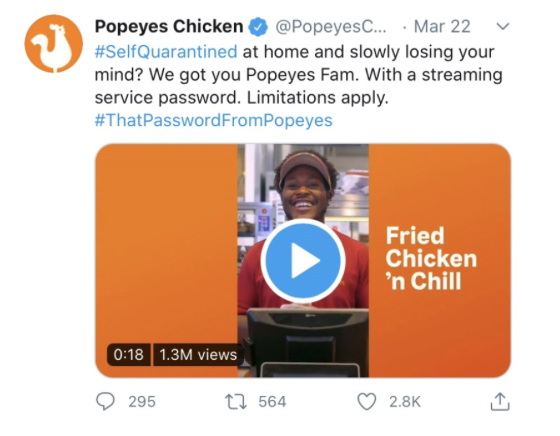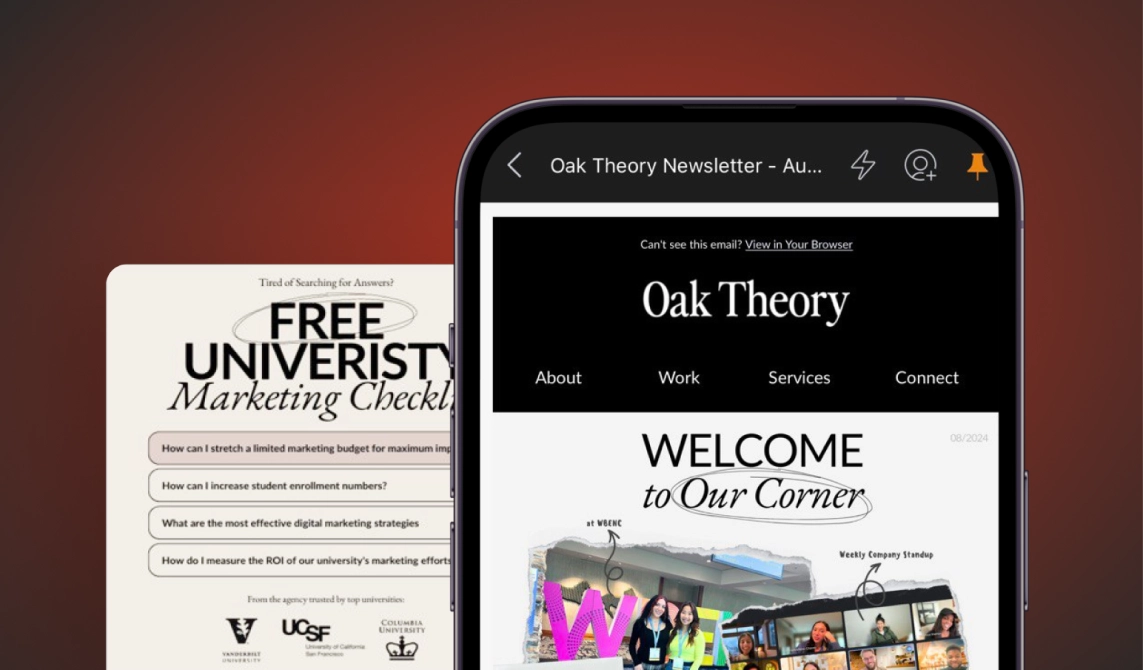With an economy fuelled by human interaction, many businesses suffered from the social-distancing guidelines necessitated by the coronavirus pandemic.
Companies quickly realized that in order to sustain themselves, they would need to find creative alternatives to deliver their products and services. For some, that meant mailing out boxes with the contents that once belonged on store shelves. For others, that involved translating their experience into a virtual replica. And for a few, that entailed a whole new line of products tailored to a pandemic-run world. In the hopes of outliving COVID-19, companies — both large and small — underwent a pandemic makeover.
Brick and Mortar Is Now Boxes and Mail Order
Since many stores can’t bring in customers, they’re bringing their shop to the customers instead. When The Beauty Boutique — a hair salon in Queens, NY — closed due to the pandemic, they began to offer customized hair care kits. Through these shipments, clients were able to access all of their favorite hair products from the salon. Beauty Boutique President Gerdie René Gordon dubbed these packages: “quarantine survival kits.”
On top of this, Gordon initiated a YouTube series called Tress Talks with Gerdie, which features numerous hairstyle tutorials for clients to follow along from the makeshift salons in their bedrooms. Other businesses have joined The Beauty Boutique in serving personalized boxes with encasements reminiscent of airplane food: pre-packaged and tailored to your requests.
Fun Time Pottery is prepared for curb-side pickup or delivery for an at-home pottery painting project. Some companies have ditched the monogrammed wrapping paper and the logo-embossed boxes for a regular old Amazon box. More than ever are companies looking for outlets to sell their products online. In a pre-pandemic world, printed receipts were testament to a purchase. Now, it’s the remnants of cardboard boxes that indicate such.
Because Who Doesn't Need More Zoom in Their Life?
Thanks to the popularity of online communication platforms such as Zoom and FaceTime, many stores are shifting their shopping experience to a virtual modality. Necker’s Toyland, a Connecticut-based toy store, has used FaceTime to virtually accompany their customers down the store aisles. While more interactive than browsing through toys on Amazon, this purchasing option doesn’t compromise on safety protocols. Virtual experiences are not only a viable replacement of in-store activities, but it can also serve as an exciting addition to a corporate calendar.
Chipotle advertised Zoom lunch parties, headlined by celebrity guests. Attendees from the event in March can now check off “eating burritos with former Bachelor Colton Underwood” from their bucket list.
Forget Popcorn, Bring Out the Fried Chicken!
With movie theaters closed, streaming services have become the bedrock of quarantine entertainment. To capitalize on this, Popeyes announced ‘Fried Chicken N Chill’ on their Twitter page. The first 1,000 people to post pictures of themselves with food from Popeyes were treated to the brand’s Netflix login. This took off, with many submitting their Popeyes selfies under the hashtag: #ThatPasswordFromPopeyes. Never has mooching off of someone else’s Netflix account been this delicious.

Free Trials With a Quarantine Bent
Online services are infamous for their one-month free trial option. Because of the pandemic, these free trials have been reintroduced with a quarantine twist. Nikon made ten of their photography classes free until the end of April, and Apple TV Plus upped the ante by providing certain original shows at no cost. Offering free tasters under the guise of quarantine entertainment is a great way to reel in new fans. Shippo—a software company that helps e-commerce businesses ship their products—is canceling their service fees until the beginning of October.
Aiming to help small businesses during this trying time, Shippo removed their usual paywall. While this is temporary, Shippo’s decision may open up the doors to new clients after the free offer is up.
Repurposing Products for a Pandemic
Samantha Lynn creates customized invitations through her company Daisy Design Shop. Because many events have been canceled due to social-proximity issues, Lynn has repurposed her shop to supply stationery, thank-you cards, and address labels. Lynn explained to Good Morning America: “Instead of focusing on events, I’ve added options for people to purchase small gifts for friends and family or stationery to use for writing letters.” Plus, invitations are not entirely removed from her catalog; Lynn now offers invitations that are tied to virtual celebrations. Even if they’ll be hosted via Zoom, weddings, baby showers, bar mitzvahs, and quinceañeras still deserve a fancy invitation.
If your company is in the process of adapting to this unprecedented time, remember that while it may be difficult, you’re not alone.If you’d like some tips for how to optimize working with clients remotely, check out our blog post here. We can help your company transition during this time to be digital-first. Find out more here.
